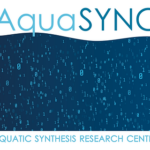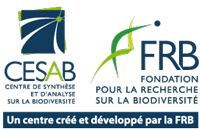The International Synthesis Consortium
Global Joint Synthesis Call
“Interactions between Biodiversity and Climate Change”
This is the ISC’s exciting first initiative for a joint call involving multiple synthesis centres worldwide. With this approach, we are not only funding research projects tackling the interactions between biodiversity and climate change, but also fostering cross-working-group interactions to create meta-synthesis outcomes.
Synthesis Centres
Scientific synthesis* centres have become integral to research efforts in an era of increasingly complex societal and scientific problems, big data, and the knowledge economy. There are now more than a dozen synthesis centres across North America, Europe, China and Australia, spreading from their ecological origins to address the synthesis needs in biomedical sciences, mathematics, earth sciences, and genomics. Synthesis centres foster collaborative research by bringing interdisciplinary groups of specialists and experts together for …
Resources
Leveraging years of combined expertise across our global network, the International Synthesis Consortium provides a collection of guidelines to enhance collaborative research. From mastering virtual workflows to implementing robust data management plans, our resources translate practical experience into actionable best practices for the scientific community. Explore our evolving library to optimize your synthesis efforts and tap into the shared knowledge of our member centres.
Meeting Reports
Since its inception, the International Synthesis Consortium has held periodic meetings to facilitate direct exchange between the leadership of global synthesis centres. These gatherings, hosted by member centres, serve to advance the evolution of our collaborative goals. You can find a chronological overview of our past meetings and participating delegates here.











